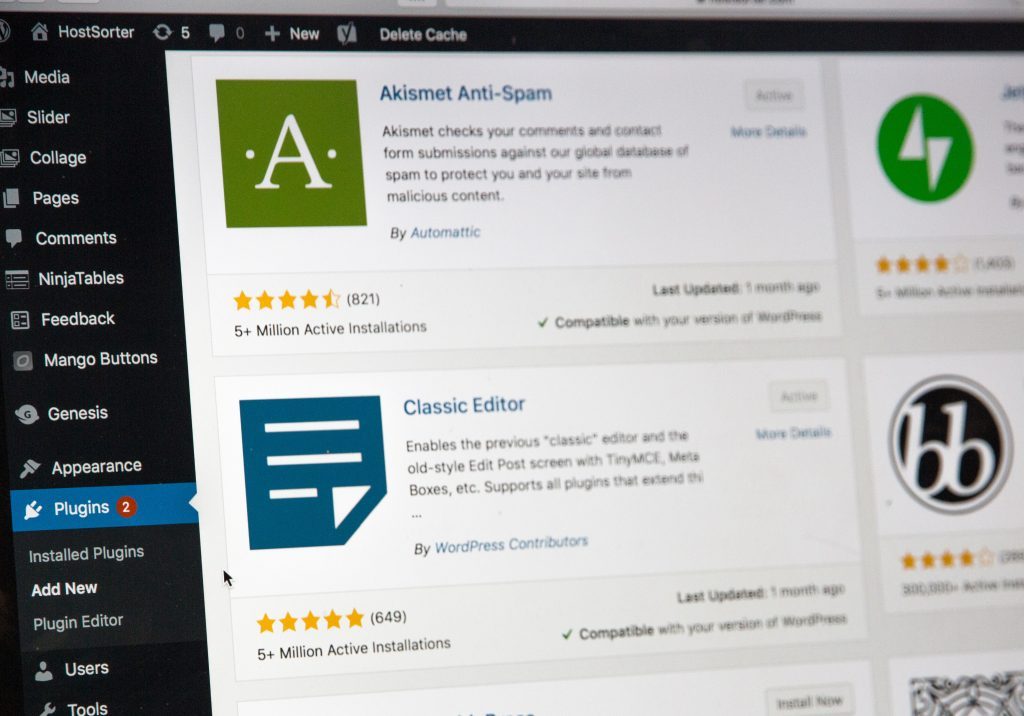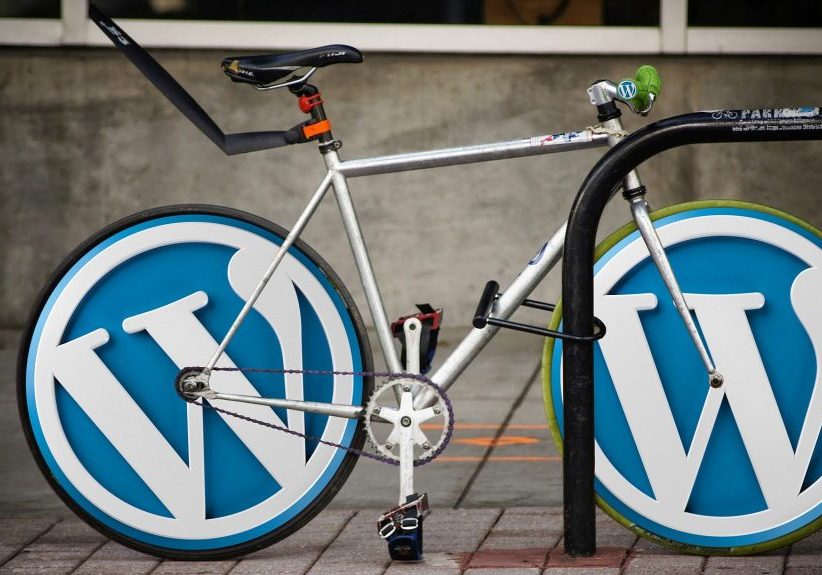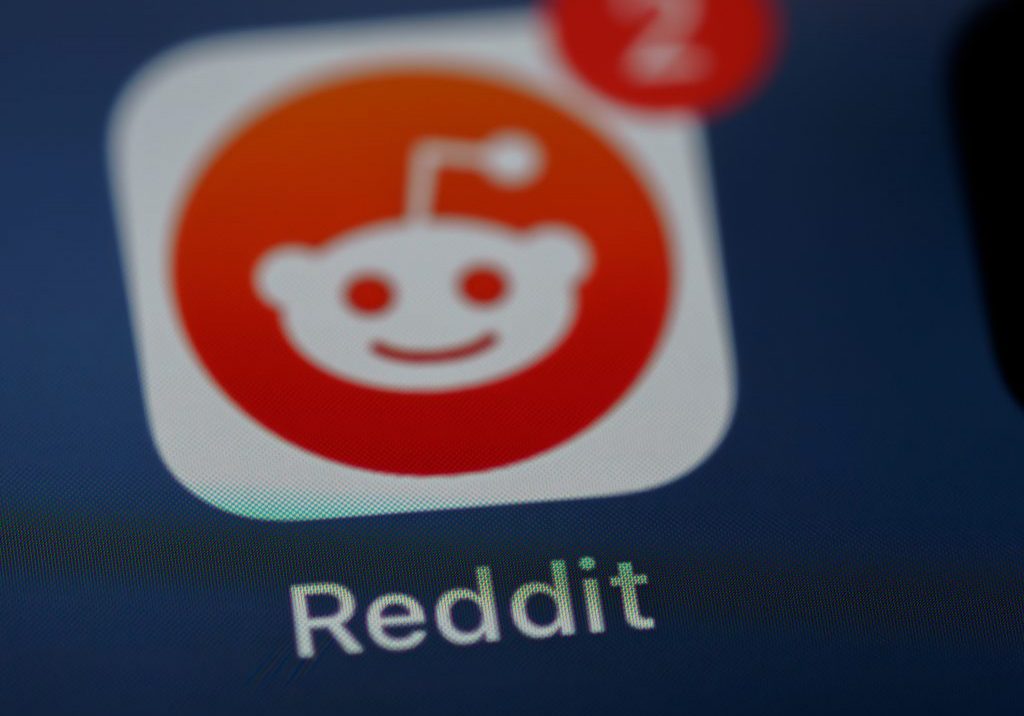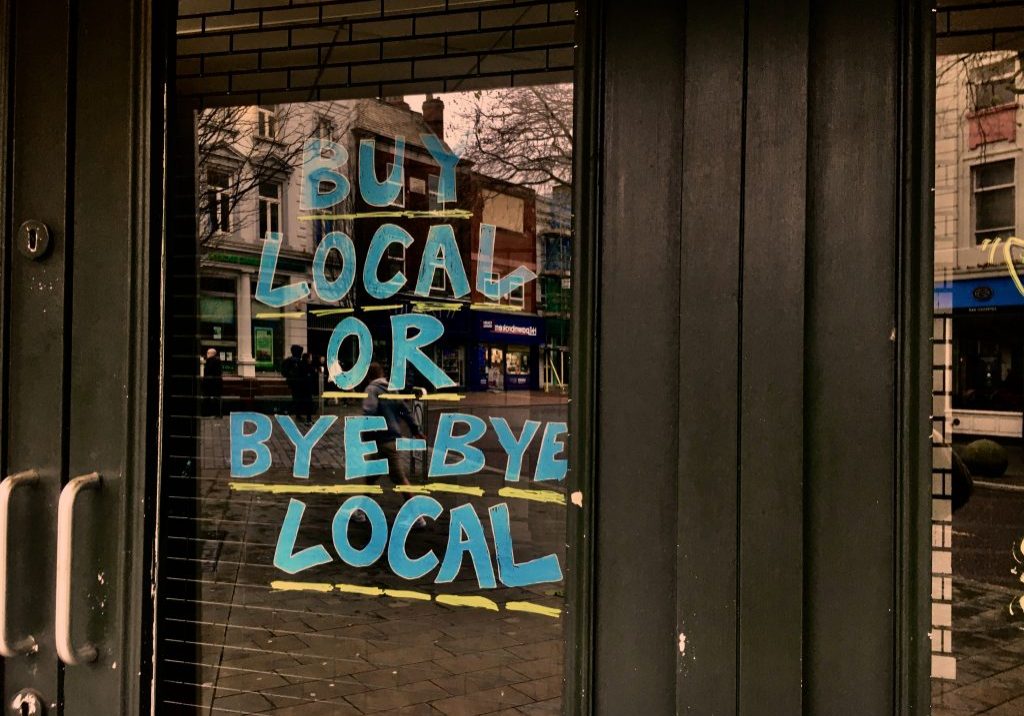Not Sure Where To Focus Your Efforts? Here’s The Lowdown on Social Media and SEO…
If you’ve ever thought about building your business online, the chances are you’ll have considered Social Media, with it’s seemingly cheap means of reaching out to new customer and SEO, a somewhat more complex affair, which seems to be all about Google. Both have their strengths (and weaknesses) and should definitely be in the mix when it comes to putting together your Digital Marketing strategy, but what, exactly do they both offer?
What does Social Media do that SEO doesn’t? And, most importantly, which one is best?
Let’s Start With The Basics
What Is SEO
SEO stands for ‘Search Engine Opmtimisation‘. Essentially, SEO is all about getting your website set up to show (as highly as possible) in Google results, whenever a potential customer makes a search. The position your website places will have a major impact on how much traffic your site receives (as users ‘click through’ from Google).
Reaching Google Page One is what it’s really all about. Once you SEO your site to there, for relevant searches, you’ll see traffic and enquiries come in.
What Is Social Media Marketing?
Social Media Marketing is a pretty new kid on the block when it comes to Digital Marketing strategies. It’s all about building brand awareness and organic reach, using social media, creating relationships and building your audience, with the ultimate aim being to drive them to your site.
Social Media Marketing can take place on any platform you like, whether it’s Facebook, Instagram, Tik Tok or LinkedIn, so long as your customers are there, it’s all good.
So What’s The Difference Between SEO & Social Media?
To work out which avenue is best for your business, it’s worth taking a look at the benefits of both. We’re not going into too much depth here, as we’ve covered a lot of this stuff in our other blogs, but here are the main features of both:
What Are The Main Benefits of SEO?
✔️ Generate Targeted Leads
✔️ Reach New Customers
✔️ Increase Organic Traffic
✔️ Better Conversion Rates
What Are The Main Benefits of Social Media Marketing?
✔️ Build A Targeted Audience
✔️ Can Be Instant
✔️ Reach New Customers
✔️ Low Cost / Free
✔️ Build Brand & Product Awareness
Social Media & SEO Content
Content will probably always reign supreme, no matter which avenue you’re using for Digital Marketing. With SEO and Social Media Marketing, it’s no different.
The only difference is how the two use content. Let’s take a look:
Content for Social Media
To win on social you need to master the algortihms. Don’t worry, it’s not as complicated as it seems, you just need to invoke some sort of reaction in your audience, which in turn, signals to Facebook, Twitter and the like that your content is worthy, in turn, getting it in front of a bigger audience.
Content on social media needs to be entertaining, thought provoking, even controversial, anything but boring.
As users browse, often with the TV on in the background or, dare we say it, on the toilet, you’ll need something that makes a big impact, quickly, to stand any chance of attracting your target audience.
In short, content on social needs to be short, sweet and emotive.
Content for SEO
As SEO is done via your website, you have a little more one on one time with your audience, that means you can afford to develop more in depth content, that focuses on one particular subject.
The content on your site is ‘crawled’ by Google and Bing to determine how SEO-worthy it is. We’ll not bore you with the details, but the main criteria for good content, from an SEO perspective are depth of knowledge, structure of your page and keywords.
In short, know your stuff and write confidently.
Using Social & SEO Content Together
If you’ve gone to all the effort of writing a pretty solid piece with SEO in mind, it makes sense to give your new page or blog some traction using social media. But how do you share SEO centric content on social, without isolating your audience?
Think about creating ‘bite sizes’ snippets, infographics or images which give an outline of the content in your written piece, which can be shared and more easily consumed on social media. Remember, if you’re building up a targeted audience on social, they will be interested in your pages and blogs too. Win win!
Your Audience
Effectively, your audience is exactly the same, no matter whether you’re targeting them through social media or Google.
Sure, Google has some super sophisticated algorithms which help determine page rankings, but ultimately, your content should always be written for the reader.
If you’re going to use paid advertising and boosted posts on social media, you’ll be pleased to know there are endless targeting options available, so, unlike SEO, you’ll be able to pinpoint exactly who sees your content.
SEO on the other hand is generally dished up to everyone, the only criteria being that your page ranks for a specific ‘keyword’ (i.e the term which a user may type into Google’s search bar). Whilst it might seem less targeted, remember, you’re showing to people who have made specific terms, so they’re already pre-qualified (in effect) to be interested in your content.
We find (and you’ll see a little pattern emerging here) that combining the two works wonders for developing your audience. Take your written copy (such as a blog or web page), submit it to Google for indexing, so that it will be shown to respective users when they search. Meanwhile, break it up and get it shared to your ultra targeted audience on social.
That’s the basis of all good Digital Marketing strategy, targeting your audience at the awareness and consideration stages.
Measuring Social Media & SEO
One of the biggest strengths of any Digital Marketing platform is the ability to measure success and failure, with depth and clarity.
Measuring Social Media
Whilst social media can be measured for similar metrics to SEO, especially when users enter your site via Facebook for example, we like to split measuring and be a little more realistic in our expectations.
Using social media (and Analytics and Google Tag Manager) you can measure a fair amount of metrics, some soft, some a little more biting. These include:
- Organic Reach: The number of people that your content has reached
- Engagement: The number of actions taken from your content
- Traffic: How much traffic you have generated to your site
- Conversions: How many leads you’ve generated, solely from social
Measuring SEO
As SEO is a little further down the sales funnel, with a much simpler user journey, you should be able to measure more ‘salesy’ metrics much better. These can include:
- Impressions: How many people saw your site on Google
- Overall Position: What position your site ranks for overall
- Clicks & Traffic: How much traffic you generated just through search engines
- Conversions: How many leads you’ve generated, solely from social
Which Is Best For Measuring?
In all honesty you can’t go wrong with either when it comes to measuring and analyzing performance, social and SEO are pretty evenly matched, offering clear, in-depth metrics. Digital really has revolutionised campaign performance monitoring as most channels have a continual path, from initial entry to conversion or drop out, with full disclosure of demographics and behavior along the way.
A few things to consider when deciding which is really the best for measuring success…
Remember, social media has a different game plan altogether, with a much more ‘upper funnel’ approach; don’t expect overnight conversions.
No matter which you’re using, to get the most out of reporting, you’ll need to integrate Google Analytics and, ideally, set up conversions using Google Tag Manager.
Developing Leads & Time Frame
Let’s be clear on this, social media and SEO are both mid-long term strategies. If you’re looking for overnight success, you’ll more than likely need to get your hand in your pocket and jump head first into Paid Social Media or PPC.
Don’t be disheartened though, what social and SEO lacks in immediate impact, it more than makes up for in long term results, not to mention the fact that it’s way cheaper too.
Which Will Get More Leads? Social or SEO?
If you want a straight forward answer, we’re always going to say SEO. Why? The very nature of SEO lends itself to conversions; customer searches for product or service, customer finds your page, customer inquires.
Social on the other hand is a little more softly, softly. Not that there’s anything wrong with that, it just requires a different mentality; you’re building a hyper targeted audience which will lap up any future products, service or offers you have. Take a look at GymShark, their Instagram game is one of the best in the business, which has helped them achieve a value over £1Billion.
The benefit of using the two together is that not only are you cornering the Google market, you’re also creating a ready made customer base for when you build out new pages, develop new products or launch new blog posts. With just one or the other, you’ll not achieve maximum traction or maximum return.
Which Is Quicker?
Again, we’ve got to be honest and say that neither will give you an overnight return, that’s now what social media or SEO are about. Instead, you’ll need to put in some solid time to guarantee best results, but all the best things take time right?
We say, on average, a new page (assuming decent setup) will rank on Google within 2 to 3 months. To reach page one can vary, depending upon the keywords you’re focusing on and the competition.
Social media can generate quicker results, but don’t forget you might not necessarily be targeting conversions as your main metric. Reach and engagement can build pretty much straight away, provided you release quality content upon quality content.
Don’t be tempted to buy followers! This has been said time and time again. You’ll just trash your own page algorithm.
So Which Is Best For Business? Social or SEO?
If you’ve reached this far you’re pretty much convinced we’re going to recommend a two pronged approach. You’d be right.
The fact is, using social media and SEO can produce some killer results, providing your business with a good presence across most points in the customer journey. Not only will you be able to target engaged users, searching for your products or services, you’ll also be able to attract new customers at the very top of any sales funnel, using social media.
Using social alongside SEO also helps your business differentiate from competition. Imagine you’re both selling the same product (or service), which are you going to choose? The faceless entity with no online persona whatsoever? Or the social friendly, approachable company that’s easy to speak to on Facebook, Twitter and Instagram?
Whilst it’s imperative you’re touching base with potential customers every step of the way, from initial research through to consideration and purchase; using content, it can make life a whole lot easier if you can reach out to them with answers, rather than waiting for them to come to you. Again, that’s where social media comes in.
Ok, You’re Wanting A Definitive Answer
Right, we’re going to stick our neck out here and give you a definitive answer to the question; Which is Best For Business? Social or SEO?
If we had to choose one, we’d opt for SEO all day long. Simply because it offers a much more compelling, black and white approach to conversions.
Don’t get us wrong, we’re social media addicts. We definitely see it’s worth and use it in most of our comprehensive Digital Marketing strategies, but and here’s the big one; we never use social media as a stand alone channel.
The strength of social lies in complimenting other channels, so if you’re using social alone to build business, you’ll be in for a bumpy ride.
OK, I’m Convinced on Both
We hope this has been a pretty informative and helpful piece for you and hopefully, it’s left you a little clearer on where to go next with your marketing. If you do need some help, or want to talk a little more about your specific business, we’d love to buy you a coffee! Get in touch via our contact page, or using the live chat button below, we’ll offer you some no-nonsense ideas.









